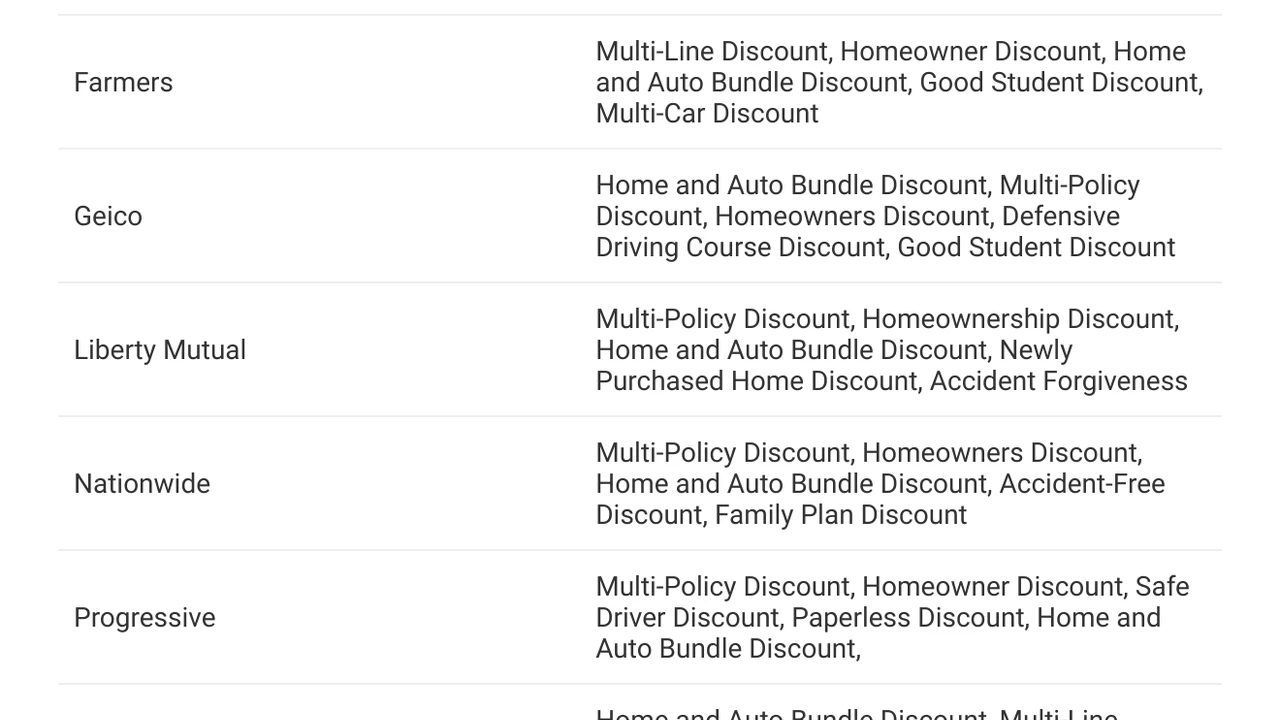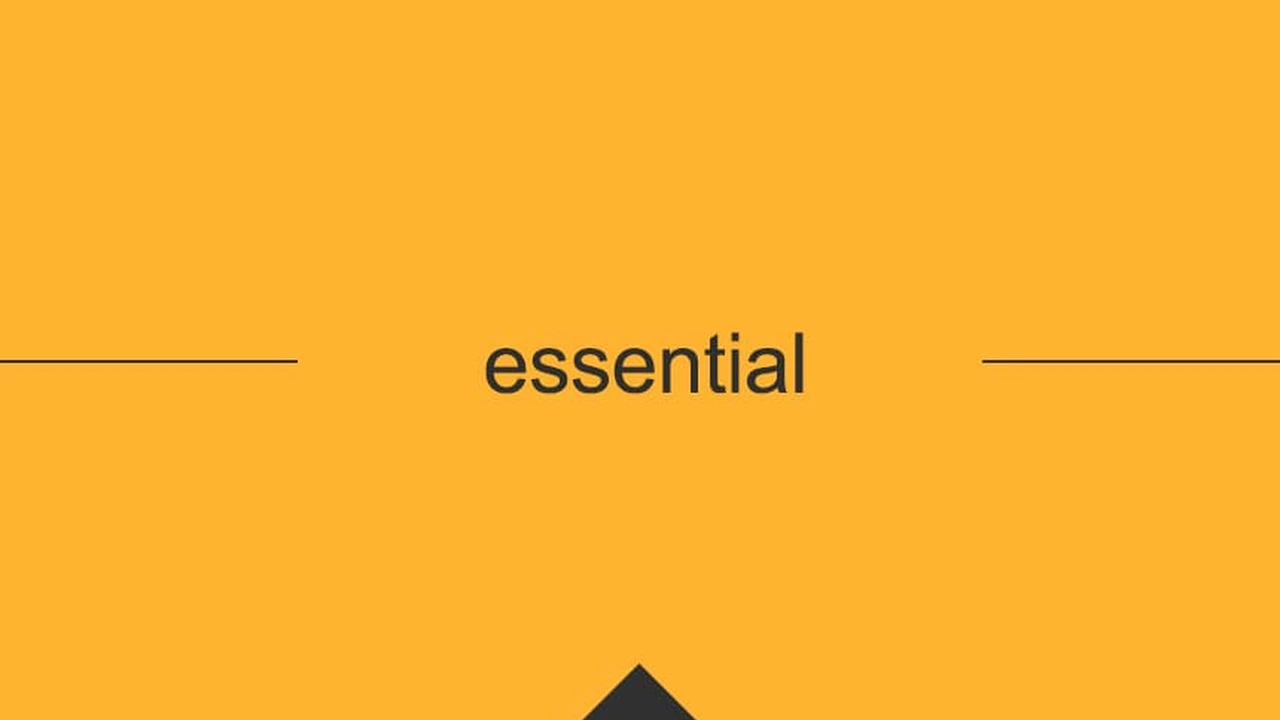5 Common Reasons Auto Insurance Claims Are Denied
Learn how to appeal a denied auto insurance claim. Discover steps to challenge a denial and potentially get your claim approved.

How to Appeal a Denied Auto Insurance Claim
So, your auto insurance claim got denied. It's a frustrating situation, to say the least. You pay your premiums diligently, expecting your insurance company to be there for you when you need them most. Then, when an accident happens, and you file a claim, you get that dreaded letter or email stating your claim has been denied. Don't despair! A denial isn't always the final word. Many denied claims can be successfully appealed if you know the right steps to take and how to present your case effectively. This comprehensive guide will walk you through everything you need to know to challenge a denied auto insurance claim, from understanding the reasons for denial to gathering evidence and escalating your appeal.
Understanding Your Auto Insurance Claim Denial Reasons
Before you can appeal, you need to understand why your claim was denied. Your denial letter should clearly state the reason(s). If it's vague, contact your insurer immediately for clarification. Common reasons for denial include:
- Policy Exclusions: Your policy might not cover the specific type of damage or incident. For example, some policies exclude damage from natural disasters like floods or earthquakes unless you have specific add-ons.
- Lapsed Policy: Your policy may have expired or been canceled due to non-payment. This is a common and often easily verifiable reason.
- Lack of Coverage: You might not have the specific coverage type needed for the damage. For instance, if you only have liability insurance, your own vehicle's damage won't be covered in an at-fault accident.
- Fraud or Misrepresentation: The insurer suspects you provided false information on your application or about the accident. This is a serious accusation and requires careful handling.
- Late Reporting: You waited too long to report the accident or file the claim, violating a clause in your policy.
- Insufficient Evidence: You didn't provide enough documentation or proof to support your claim.
- Disputed Liability: The insurance company believes you were more at fault than you claim, or they dispute the other party's liability.
- Damage Not Related to Incident: The insurer believes the damage existed before the reported incident or was caused by something else.
- Unapproved Repairs: You had repairs done before the insurer could inspect the damage or without their approval.
Once you pinpoint the reason, you can tailor your appeal strategy. Sometimes, it's a simple misunderstanding or an administrative error that can be quickly resolved.
Initial Steps After an Auto Insurance Claim Denial
Don't panic. Take a deep breath and follow these immediate steps:
Review Your Auto Insurance Policy Thoroughly
This is your contract with the insurance company. Read it carefully, paying close attention to the sections related to the type of coverage you filed under, exclusions, reporting deadlines, and the claims process. Highlight any clauses that you believe support your claim or contradict the denial reason. Understanding your policy inside and out is your first line of defense.
Contact Your Auto Insurance Adjuster or Company Representative
Call your insurance company and speak to the adjuster who handled your claim or their supervisor. Politely ask for a detailed explanation of the denial. Take meticulous notes of the conversation, including the date, time, the representative's name, and everything discussed. Ask specific questions about the evidence they used to make their decision and what additional information they would need to reconsider. Sometimes, a simple phone call can clear up misunderstandings or reveal a path forward.
Gather All Relevant Auto Accident Documentation and Evidence
This is crucial. The more evidence you have, the stronger your appeal. Collect everything related to the accident and your claim:
- Police Report: If one was filed, get a copy. It provides an official account of the incident.
- Photos and Videos: Any pictures or videos of the accident scene, vehicle damage, road conditions, and involved parties. The more, the better.
- Witness Statements: Contact information and written statements from anyone who saw the accident.
- Medical Records: If there were injuries, gather all medical reports, bills, and prognoses.
- Repair Estimates: Get multiple estimates from reputable repair shops.
- Communication Records: Keep a log of all calls, emails, and letters exchanged with your insurance company, including dates, times, and summaries of conversations.
- Vehicle Maintenance Records: Especially if the denial relates to pre-existing damage or mechanical failure.
- Proof of Policy Payment: Bank statements or receipts showing you paid your premiums on time.
The Formal Auto Insurance Claim Appeal Process
If the initial conversation doesn't resolve the issue, it's time to initiate a formal appeal.
Write a Formal Auto Insurance Appeal Letter
This letter should be clear, concise, and professional. Send it via certified mail with a return receipt requested, so you have proof it was received. Include the following:
- Your name, policy number, and claim number.
- The date of the accident and the date of the denial.
- A clear statement that you are appealing the denial.
- The specific reason(s) for the denial as stated by the insurer.
- Your detailed explanation of why you believe the denial is incorrect, referencing specific policy language and the evidence you've gathered.
- A list of all enclosed supporting documents.
- A request for a specific resolution (e.g., reconsideration of the claim, payment for damages).
- A reasonable deadline for their response (e.g., 15-30 days).
Keep a copy of everything you send.
Escalate Your Auto Insurance Claim Internally
If your appeal letter to the adjuster doesn't yield results, escalate it within the insurance company. Request to speak with the adjuster's supervisor, then their manager, and so on, up the chain of command. Each time, reiterate your case, provide your evidence, and refer to your previous communications. Maintain a polite but firm demeanor. Document every interaction.
External Avenues for Auto Insurance Claim Appeals
If the insurance company still refuses to budge, you have external options.
Contact Your State's Department of Insurance or Regulatory Body
Every state has a department or commission that regulates insurance companies. They act as a consumer advocate and can investigate complaints against insurers. Filing a complaint with them can often prompt the insurance company to take a closer look at your claim, as they want to avoid regulatory scrutiny. They can't force the insurer to pay, but they can ensure the company followed proper procedures and acted in good faith. This is a powerful step and often leads to reconsideration.
Consider Mediation or Arbitration for Auto Insurance Disputes
Some policies or states offer mediation or arbitration as an alternative dispute resolution method. In mediation, a neutral third party helps you and the insurer reach a mutually agreeable solution. In arbitration, an arbitrator hears both sides and makes a binding or non-binding decision. These can be less costly and time-consuming than litigation.
Seek Legal Counsel for Your Denied Auto Insurance Claim
If all else fails, it might be time to consult an attorney specializing in insurance law. An experienced lawyer can review your case, assess its strength, and advise you on your legal options. They can negotiate with the insurance company on your behalf or, if necessary, file a lawsuit. Many attorneys offer free initial consultations, so it's worth exploring this option if your claim is substantial or you feel you've been unfairly treated.
Specific Scenarios and How to Approach Them in Auto Insurance Appeals
Let's look at some common denial scenarios and how to tackle them.
Appealing a Denial Due to 'Pre-Existing Damage'
This is a frequent reason for denial. The insurer claims the damage existed before the accident. To counter this:
- Provide Pre-Accident Photos: If you have photos of your car from before the accident (e.g., for a sale, a trip, or even just casual photos), they can be invaluable.
- Maintenance Records: Show that your car was regularly maintained and inspected, indicating no prior damage.
- Witness Testimony: If someone saw the car before the accident and can attest to its condition.
- Mechanic's Statement: A statement from a mechanic who regularly services your car, confirming its condition prior to the incident.
- Detailed Accident Report: Ensure the police report or your own accident notes clearly describe the damage as a direct result of the incident.
Challenging a 'Lapsed Policy' Auto Insurance Denial
If your policy was denied due to non-payment, you'll need to prove you paid. This is usually straightforward:
- Bank Statements: Show the transaction for your premium payment.
- Credit Card Statements: Similar to bank statements, these prove payment.
- Payment Confirmation Emails/Receipts: Many insurers send digital confirmations.
- Automatic Payment Setup: If you had auto-pay, provide proof it was set up and funds were available.
Sometimes, there's an administrative error on the insurer's side, or a payment was misapplied. Your proof of payment will quickly resolve this.
Overcoming a 'Disputed Liability' Auto Insurance Claim Denial
When the insurer claims you were at fault, or more at fault than you believe, you need strong evidence to shift the blame:
- Police Report: If the report assigns fault, it's a strong piece of evidence.
- Witness Statements: Independent witnesses are crucial here.
- Dashcam Footage: This is the gold standard for proving what happened.
- Accident Reconstruction Expert: For complex cases, an expert can analyze the scene and provide an opinion. This is usually a step taken with legal counsel.
- Traffic Laws: Reference specific traffic laws that the other driver violated.
Recommended Tools and Services for Auto Insurance Claim Appeals
While you can handle much of this yourself, certain tools and services can significantly bolster your appeal.
Dash Cams for Auto Accident Evidence Collection
A dash cam is arguably the single best investment you can make for protecting yourself in an accident. It provides irrefutable video evidence of what happened. Here are a few popular and reliable options:
- VIOFO A129 Pro Duo: This is a popular choice for its excellent 4K front and 1080p rear recording quality, GPS logging, and parking mode. It's a mid-range option, typically costing around $200-$250. Ideal for drivers who want comprehensive coverage and clear footage.
- Garmin Dash Cam 67W: Known for its compact size, voice control, and extra-wide 180-degree field of view. It records in 1440p and has features like incident detection and automatic cloud storage. Priced around $200. Great for those who prefer a discreet camera with smart features.
- BlackVue DR900X-2CH Plus: A premium option with 4K front and 1080p rear recording, cloud connectivity, and advanced parking mode features. It's more expensive, often in the $400-$500 range, but offers top-tier reliability and remote access. Best for tech-savvy users who want maximum protection and remote monitoring.
Usage Scenario: Install your dash cam correctly, ensuring it has a clear view of the road ahead and behind (if it's a dual-channel model). Always ensure it's powered on and recording when you drive. In case of an accident, immediately secure the footage. This video evidence can be the deciding factor in a disputed liability claim.
Legal Aid and Consultation Services for Auto Insurance Disputes
When facing a complex denial or a significant claim, legal expertise can be invaluable. While specific product recommendations are difficult as legal services are localized, here's what to look for:
- Personal Injury Attorneys: Many personal injury lawyers also handle denied auto insurance claims, especially if injuries were involved. They often work on a contingency basis, meaning they only get paid if you win.
- Insurance Bad Faith Attorneys: These specialists focus specifically on cases where insurance companies act in bad faith (e.g., unreasonably denying a valid claim).
- Legal Aid Societies: If your income is limited, local legal aid societies might offer free or low-cost legal assistance.
Comparison: Hiring an attorney can be expensive, but for large claims, their expertise can lead to a much higher settlement than you'd achieve on your own. They understand insurance law, negotiation tactics, and court procedures. They can also take the burden of communication and paperwork off your shoulders. Always get a free consultation to discuss your case and understand their fee structure.
Accident Reconstruction Services for Complex Auto Insurance Claims
For severe accidents where liability is heavily disputed, an accident reconstruction expert can provide scientific analysis. These services are typically engaged by attorneys but can be a powerful tool.
- What they do: They analyze physical evidence (skid marks, vehicle damage, debris), witness statements, and police reports to create a detailed scientific model of how the accident occurred.
- Cost: These services are expensive, often thousands of dollars, and are usually reserved for cases with significant damages or injuries.
Usage Scenario: If your insurer denies your claim based on their interpretation of how the accident happened, and you have strong evidence to the contrary, an accident reconstruction expert's report can be compelling. This is almost always a step taken in conjunction with legal representation.
Tips for a Successful Auto Insurance Claim Appeal
Beyond the steps, keep these tips in mind:
Maintain Detailed Records of All Auto Insurance Communications
Every phone call, email, letter, and document. Keep a chronological log. This paper trail is your best friend if you need to escalate your claim.
Be Persistent and Patient with Your Auto Insurance Company
Appeals can take time. Don't give up after the first denial. Be prepared for a lengthy process, but continue to follow up and push your case.
Stay Calm and Professional During Your Auto Insurance Appeal
It's easy to get emotional, but anger won't help your case. Remain polite, articulate, and focused on the facts. Present your arguments logically and clearly.
Understand Your Auto Insurance Policy Limits and Exclusions
Know what your policy covers and, more importantly, what it doesn't. This prevents wasted effort on claims that are genuinely not covered.
Don't Accept the First Offer for Your Auto Insurance Claim
If your claim is eventually approved after an appeal, the initial offer might still be low. Be prepared to negotiate for a fair settlement that covers all your damages.
Final Thoughts on Auto Insurance Claim Denials
A denied auto insurance claim is a setback, but it's not necessarily the end of the road. By understanding the reasons for denial, meticulously gathering evidence, and systematically appealing through the proper channels, you significantly increase your chances of a successful outcome. Remember, your insurance company has a financial interest in paying out as little as possible. It's up to you to advocate for your rights and ensure you receive the coverage you're entitled to. Be prepared, be persistent, and don't hesitate to seek professional help if the situation warrants it. You've got this!
:max_bytes(150000):strip_icc()/277019-baked-pork-chops-with-cream-of-mushroom-soup-DDMFS-beauty-4x3-BG-7505-5762b731cf30447d9cbbbbbf387beafa.jpg)





